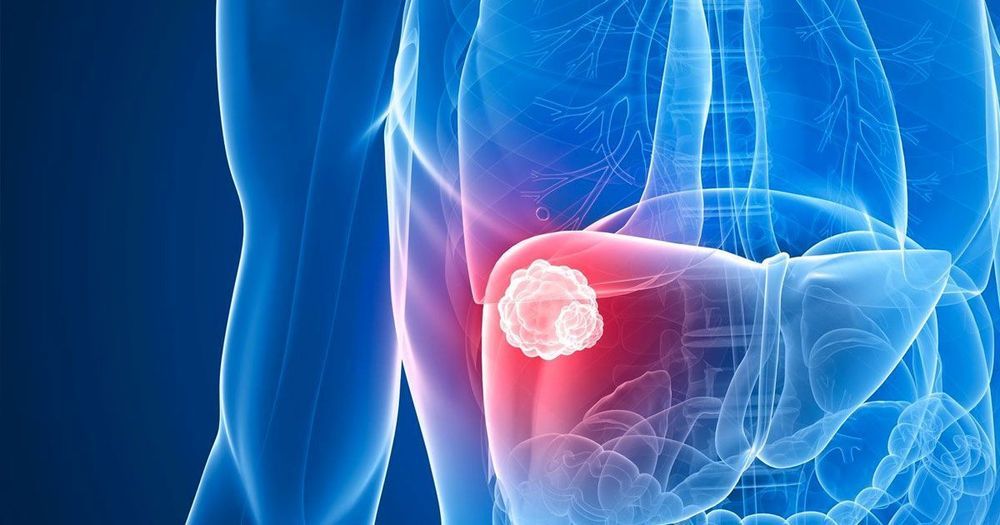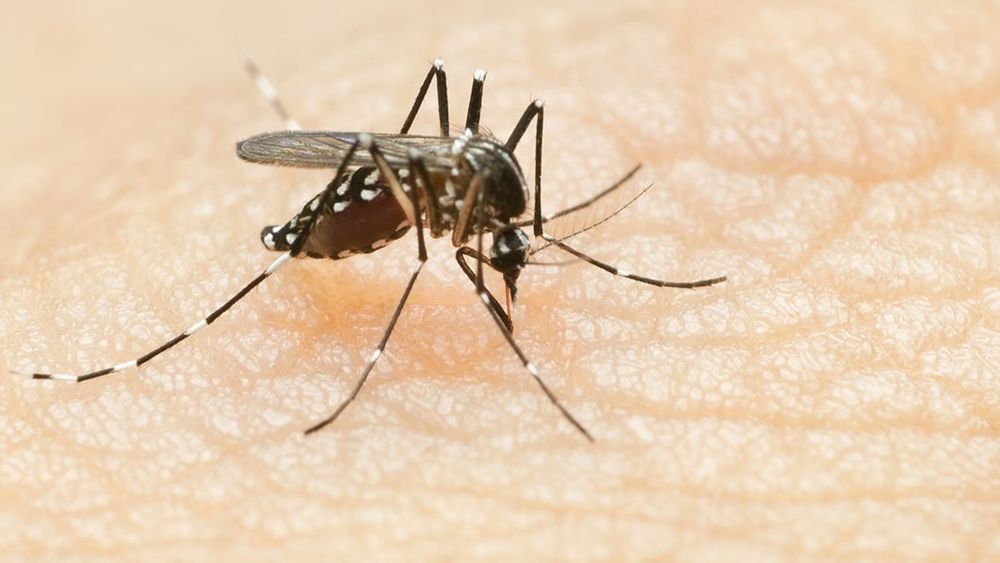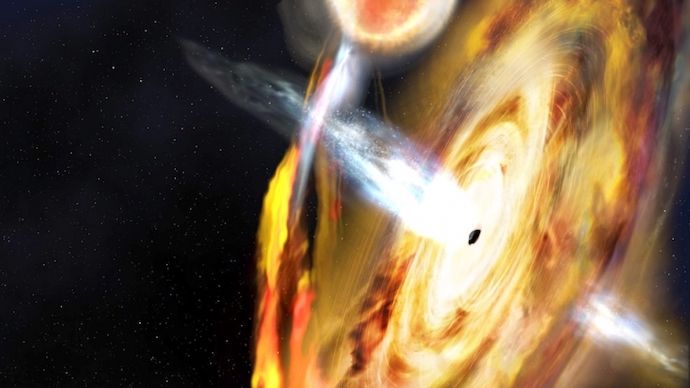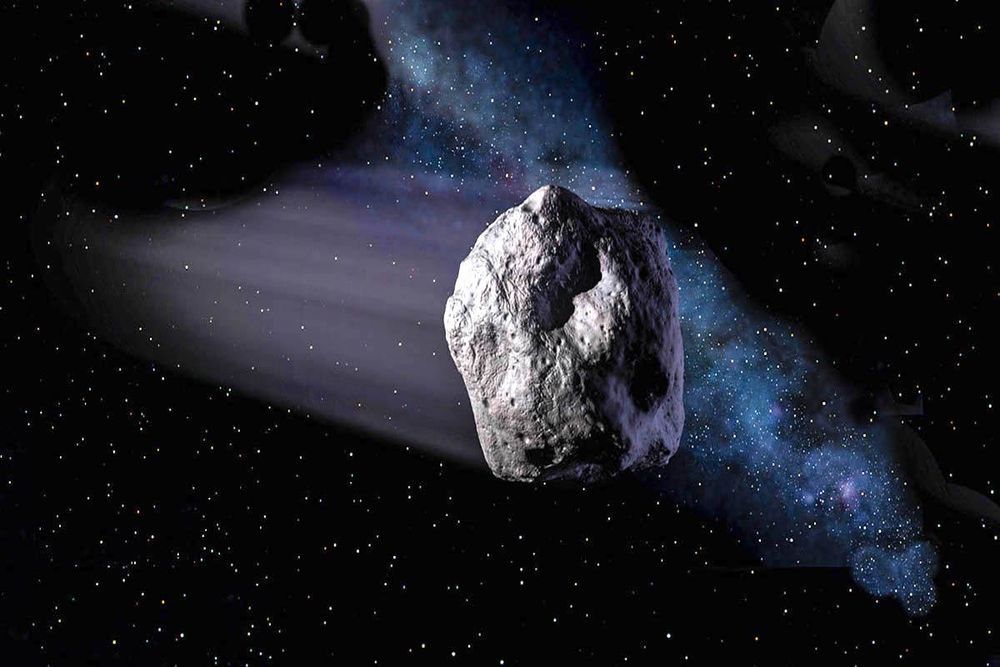Page 9184
Jan 10, 2019
Making Superhumans Through Radical Inclusion and Cognitive Ergonomics
Posted by Genevieve Klien in categories: information science, robotics/AI
These dated interfaces are not equipped to handle today’s exponential rise in data, which has been ushered in by the rapid dematerialization of many physical products into computers and software.
Breakthroughs in perceptual and cognitive computing, especially machine learning algorithms, are enabling technology to process vast volumes of data, and in doing so, they are dramatically amplifying our brain’s abilities. Yet even with these powerful technologies that at times make us feel superhuman, the interfaces are still crippled with poor ergonomics.
Many interfaces are still designed around the concept that human interaction with technology is secondary, not instantaneous. This means that any time someone uses technology, they are inevitably multitasking, because they must simultaneously perform a task and operate the technology.
Continue reading “Making Superhumans Through Radical Inclusion and Cognitive Ergonomics” »
Jan 10, 2019
It’s official: SpaceX’s first commercial crew test flight delayed until February
Posted by Genevieve Klien in category: space travel
[p]NASA has officially postponed SpaceX’s first test flight of the commercial crew program to February or later so that officials can complete “hardware testing and joint reviews.”[/p].
Jan 10, 2019
Elon Musk Says Next-Gen Tesla Roadster Will Hover in the Air Using SpaceX Tech
Posted by Genevieve Klien in categories: Elon Musk, space travel, sustainability
The feature will be part of a SpaceX add-on package that uses thrusters to aid in acceleration and cornering.
Jan 10, 2019
Scientists Could Soon Develop ‘Mosquito Birth Control’ to Prevent Diseases
Posted by Genevieve Klien in category: biotech/medical
Mosquitoes are some of the deadliest creatures on Earth. Now, scientists have taken a major step toward developing a “mosquito birth control” drug that can help prevent diseases responsible for several million human deaths annually around the world.
Researchers at the University of Arizona (UA) discovered a protein in mosquitoes that is critical to the insects’ process of producing viable eggs. When researchers selectively blocked the activity of the protein in female mosquitoes, the mosquitoes laid eggs with defective egg shells, leading to the death of the embryos inside.
In a report published in the open access journal PLoS Biology on Tuesday, the researchers said the protein — which they named Eggshell Organizing Factor 1, or EOF-1 — exists only in mosquitoes, so any drug developed to control mosquito populations would not affect other organisms, such as beneficial honey bees.
Continue reading “Scientists Could Soon Develop ‘Mosquito Birth Control’ to Prevent Diseases” »
Jan 10, 2019
2-D materials may enable electric vehicles to get 500 miles on a single charge
Posted by Genevieve Klien in categories: computing, mobile phones, transportation
Lithium-air batteries are poised to become the next revolutionary replacement for currently used lithium-ion batteries that power electric vehicles, cell phones and computers.
Jan 10, 2019
This AI food truck could bring fresh produce directly to you
Posted by Genevieve Klien in categories: food, robotics/AI, sustainability
Check out the SPACe_C eMart, the ice cream truck-style food delivery service of the future that offers fresh food and educates consumers on farm-to-table eating.
Jan 10, 2019
Hungry Black Hole Shines Light on Astronomical Phenomenon
Posted by Genevieve Klien in category: cosmology
Astronomers have been watching a very hungry black hole devour the gases of a nearby star for almost a year.
A specialized instrument aboard the International Space Station in March detected an enormous explosion of X-ray light nearly 10,000 light years from Earth.
The source: a black hole called MAXI J1820+070, caught in an outburst, spewing surges of X-ray energy as it devours inhales celestial dust and gas.
Continue reading “Hungry Black Hole Shines Light on Astronomical Phenomenon” »
Jan 10, 2019
There’s a glitch at the edge of the universe that could remake physics
Posted by Michael Lance in categories: biological, chemistry, particle physics
One mysterious number determines how physics, chemistry and biology work. But controversial experimental hints suggest it’s not one number at all.
By Michael Brooks
IT IS a well-kept secret, but we know the answer to life, the universe and everything. It’s not 42 – it’s 1/137.
Continue reading “There’s a glitch at the edge of the universe that could remake physics” »
Jan 10, 2019
Steam-Powered Asteroid Hoppers Developed through UCF Collaboration
Posted by Klaus Baldauf in categories: robotics/AI, space travel
Using steam to propel a spacecraft from asteroid to asteroid is now possible, thanks to a collaboration between a private space company and the University of Central Florida.
UCF planetary research scientist Phil Metzger worked with Honeybee Robotics of Pasadena, California, which developed the World Is Not Enough spacecraft prototype that extracts water from asteroids or other planetary bodies to generate steam and propel itself to its next mining target.
UCF provided the simulated asteroid material and Metzger did the computer modeling and simulation necessary before Honeybee created the prototype and tried out the idea in its facility Dec. 31. The team also partnered with Embry-Riddle Aeronautical University in Daytona Beach, Florida, to develop initial prototypes of steam-based rocket thrusters.
Continue reading “Steam-Powered Asteroid Hoppers Developed through UCF Collaboration” »


















